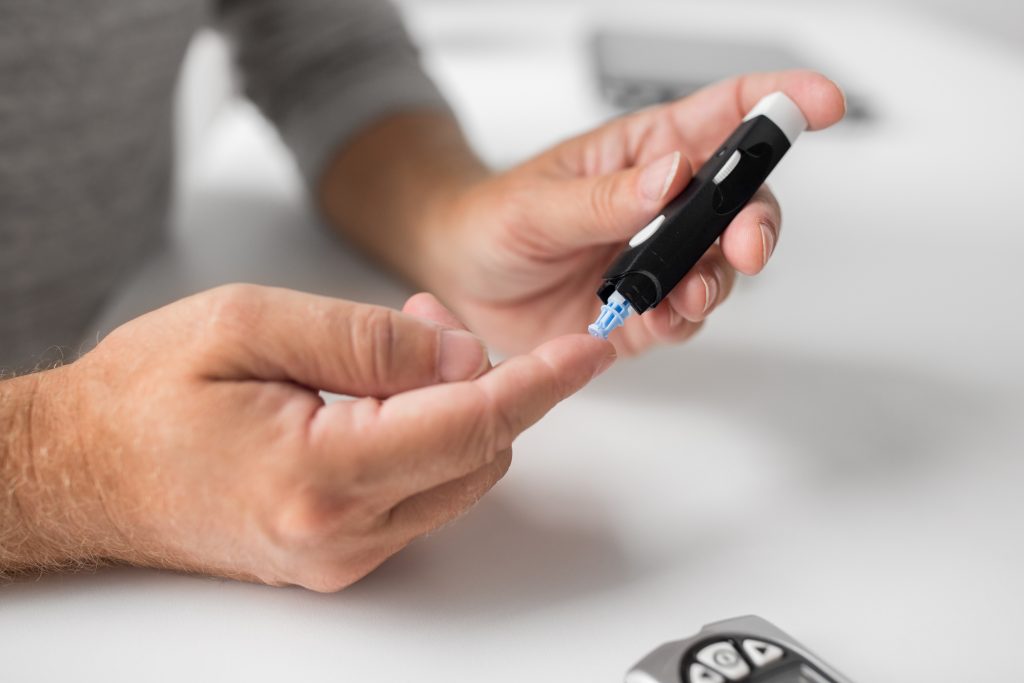
www.optimistdaily.com
New treatment helps type 1 diabetes patient produce insulin without immunosuppressants
BY THE OPTIMIST DAILY EDITORIAL TEAM
For the first time, a person with type 1 diabetes started producing their own insulin again after receiving a transplant of genetically edited pancreatic islet cells without the aid of immunosuppressant drugs. The proof-of-concept procedure could one day offer a safer, longer-lasting treatment for type 1 diabetes and other autoimmune diseases.
The patient, a 42-year-old man who’d lived with diabetes since he was five, received the islet cells via injections into the muscle of his forearm. Over the next 12 weeks, the transplanted cells successfully secreted insulin in response to glucose spikes after meals. But perhaps the most exciting part: his immune system didn’t attack the new cells.
A workaround to a major obstacle
This new therapy builds on a known treatment method: transplanting healthy islet cells into a person whose own cells have been destroyed by their immune system. The problem is that the body typically rejects these donor cells unless the patient takes powerful immunosuppressant drugs, which come with risks of infection and other complications.
In this new study, researchers bypassed that hurdle using CRISPR gene-editing tools to tweak three specific parts of the donor cells:
Two edits reduced the expression of antigens that normally alert adaptive T cells to attack.
A third tweak increased production of a protein called CD47, which acts as a cellular “do-not-eat” signal to ward off natural killer cells and macrophages.
Not all the edited cells survived, which in the end turned out to be part of the proof. Cells with no successful edits were quickly destroyed. Cells with only the antigen-reducing edits also got taken out by the innate immune system. But the triple-edited cells? They remained functional and kept doing their job.
Hope from past research, and a glimpse of what’s next
This isn’t the first major step forward in cell-based diabetes treatment. In 2023, doctors in China reported that a young woman with type 1 diabetes was able to produce enough insulin to stay within a healthy blood glucose range after receiving insulin-producing cells made from her own stem cells. However, that case didn’t address the immune rejection challenge this new study sets out to solve.
Animal trials previously hinted that genetically edited islet cells could survive without immunosuppression. This latest study, while early-stage, provides the first human evidence that CRISPR-edited cells can evade immune attack while restoring insulin production.
Researchers say this approach could eventually extend to other types of cell therapies. If transplant cells can be edited to dodge immune destruction, the door opens for safer treatments for a wide range of chronic diseases, all without the risky trade-offs of immunosuppressant medications.
Source study: The New England Journal of Medicine— Survival of transplanted allogeneic beta cells with no immunosuppressionThe post New treatment helps type 1 diabetes patient produce insulin without immunosuppressants first appeared on The Optimist Daily: Making Solutions the News.










